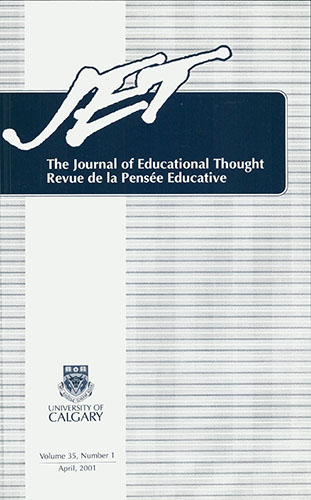Educational Thoughts of Aristotle and Confucius
DOI:
https://doi.org/10.55016/ojs/jet.v35i2.52733Abstract
This study examines the educational principles and aims of Aristotle and Confucius. Through a descriptive analysis, the research questions of the study are assessed. Both philosophers subscribed to the common educational principles that emphasize ethical education for building individual cultivation, social harmony, and the ideal state. The individual and social aims of education are: (a) to provide the proper method of training the virtuous persons who have ideal characters through self-cultivation, and (b) to build the harmonious community and the good state through development of a gentleman or a nobleman. On the other hand, differences include: Confucius emphasized his ethical and political principles without supporting the metaphysical and epistemological theories, which was unlike Aristotle's approach; he did not use a set of tools like Aristotle's Organ on to justify his ethical and political thought. Finally, the article claims that Confucius generally stressed self cultivation through humanity and ritual, while Aristotle primarily emphasized self-actualization through habit and reason.
Downloads
Published
Issue
Section
License
The Journal of Educational Thought retains first publication rights for all articles. The Journal grants reproduction rights for noncommercial educational purposes with the provision that full acknowledgement of the work’s source be noted on each copy. The Journal will redirect to the appropriate authors any inquiries for further commercial publication of individual articles. All authors wishing to publish in JET will be asked to fill in and sign a Consent to Publish and Transfer of Copyright agreement.
Authors must affirm that any submission to JET has not been and will not be published or submitted elsewhere while under considration by JET.

